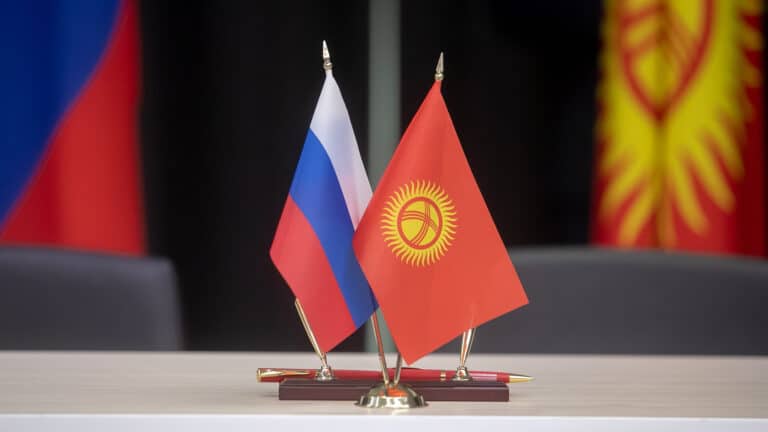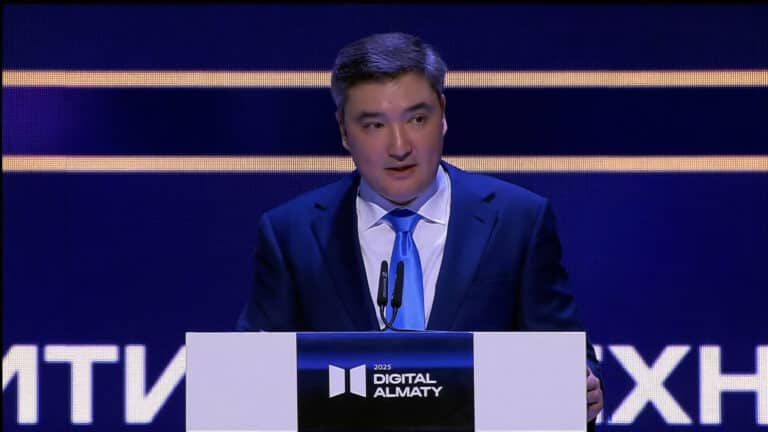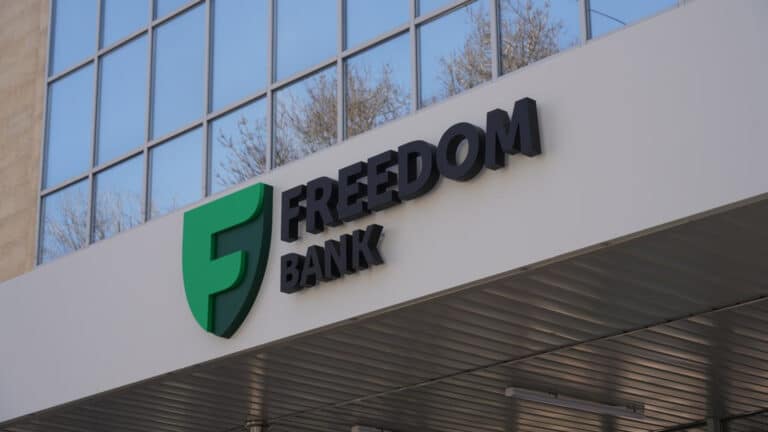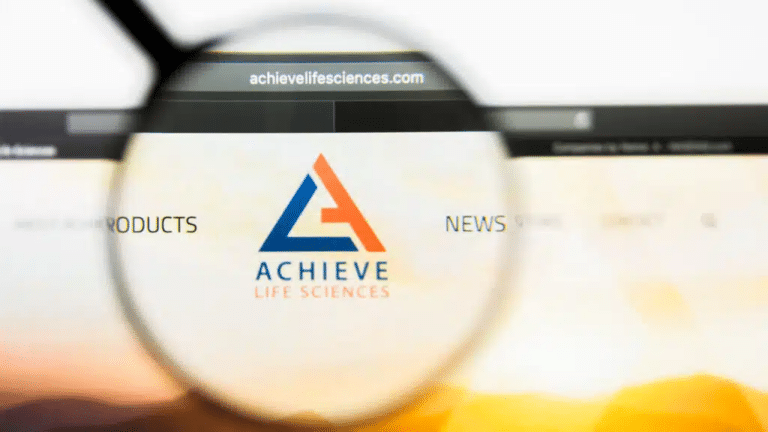
ImmunityBio, a biotech company developing novel cancer treatments, has been valued at $30 per share in a coverage initiation report by EF Hutton, an investment bank. Recall that EF Hutton was known as one of the top banks for SPAC deals, including Donald Trump‘s Trump Media & Technology Group. The bank’s target price for ImmunityBio is more than seven times the October 24 close of $4.20 per share.
Details
EF Hutton analyst Jason Kolbert has set a target price of $30 per share for ImmunityBio, for upside of over 600% and representing the highest target price on Wall Street. According to MarketWatch, the average among three analysts who cover ImmunityBio is $14.30 per share.
“Rarely in my 20 years as an analyst have I seen a company with so much potential,” Kolbert told Barron’s.
On Wednesday, October 23, he initiated coverage of ImmunityBio stock with a “buy” rating. At the time, it was quoted at $3.46 per share. The day after, ImmunityBio surged nearly 22% before extending the gains in after-hours trading. It is still down 16% since the beginning of the year but up 194% over the last 12 months.
About ImmunityBio
ImmunityBio is developing new treatments for cancer and infectious diseases. It was founded in 2014 by Dr. Patrick Soon-Shiong, who has investigated mechanisms to activate the immune system to attack tumors for the last two decades. In April, the U.S. Food and Drug Administration approved ImmunityBio’s first drug, Anktiva, for BCG-unresponsive bladder cancer in adults. The company claims that 30–40% of patients fail to respond to the widely used BCG treatment, while half of those who initially responded see a recurrence.
ImmunityBio is currently conducting 27 clinical trials across 13 indications, including studying Anktiva for non-small-cell lung cancer and a vaccine for certain types of cancer. EF Hutton’s Kolbert sees particular promise in Anktiva’s ability to convert cold tumors into hot ones. Hot tumors have more immune cells, meaning the immune system can more effectively detect and attack them, while cold tumors have fewer immune cells. Kolbert believes that ImmunityBio’s therapy could potentially improve treatment outcomes by making “cold-tumor” cancers, like glioblastoma, ovarian, prostate, and pancreatic cancers, more vulnerable to an immune system attack.
Context
ImmunityBio is not the only company focused on novel cancer treatments, as noted by Barron’s. Recently, another small-cap company, Summit Therapeutics, announced that its drug for non-small-cell lung cancer, ivonescimab, had demonstrated statistically significant improvement in progression-free survival versus standard of care chemotherapy, outperforming Merck’s blockbuster drug Keytruda, in a study conducted in China. Georgiy Timoshin, a financial analyst at Freedom Finance Global, calls these results unprecedented and argues that they provide a strong basis for an FDA-approval application for ivonescimab as a first-line treatment for lung cancer in the U.S.













